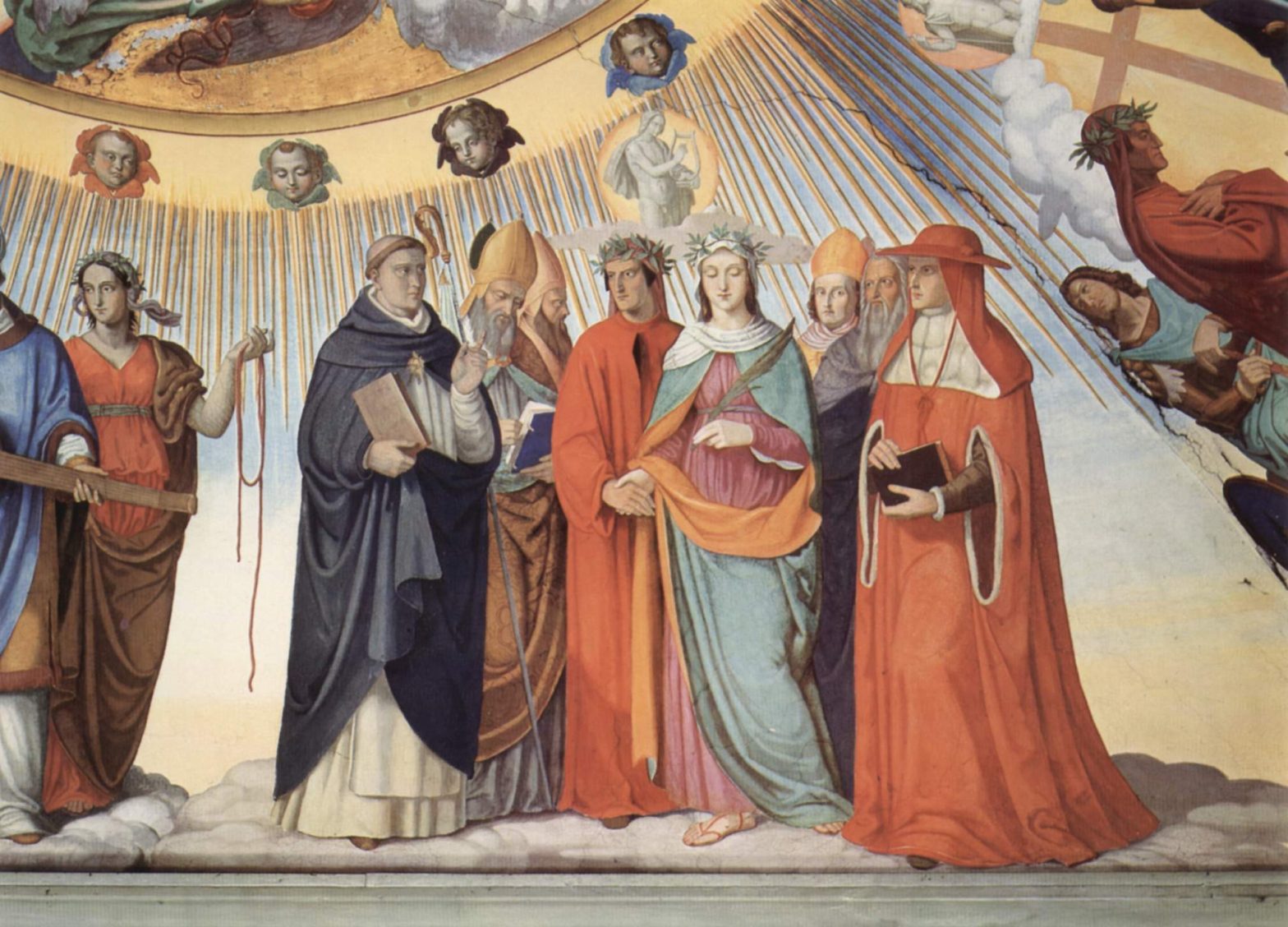Education as Love.
Nearly everything we learn about has a historical dimension. History and biography are obvious examples. Science too has a history. New advances depend on prior work. Newton said, “if I have seen further, it is by standing on the shoulders of giants.” In 1915, Einstein proposed a test to support his theory of general relativity: matching his theoretical calculations to details of Mercury’s orbit. Fortunately, astronomers had studied and compiled those details over many years.
Music has a history: Brahms learned from Beethoven, Beethoven learned from Mozart, Mozart learned from Haydn, Haydn learned from Carl Philipp Emanuel Bach.
Painting and dance, poetry and prose, Egyptology and computer programming all have traditions and patterns of influence. Languages develop over time, sometimes stimulated by the works of great writers (Shakespeare for English, Luther for German, Manzoni for Italian, Cervantes for Spanish).
Recognizing the historical dimension to learning teaches humility: just as those who went before did not reach final answers, our current certainties may be links in a chain that will continue to develop.
Whenever you learn, you join a fellowship that extends over generations or even centuries. Participating in such a fellowship has value in itself. Tracing the thoughts of those who went before brings us close to them in spirit: we sympathize with their struggles, we celebrate their breakthroughs, we mourn their failures. There is a word for this closeness of spirit: it is love.


One response
[…] the more my concepts of education and games coalesce into one. They are an exploration, with friends, into the unknown, where by trying again, again, and again you will all grow and […]